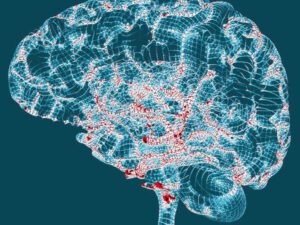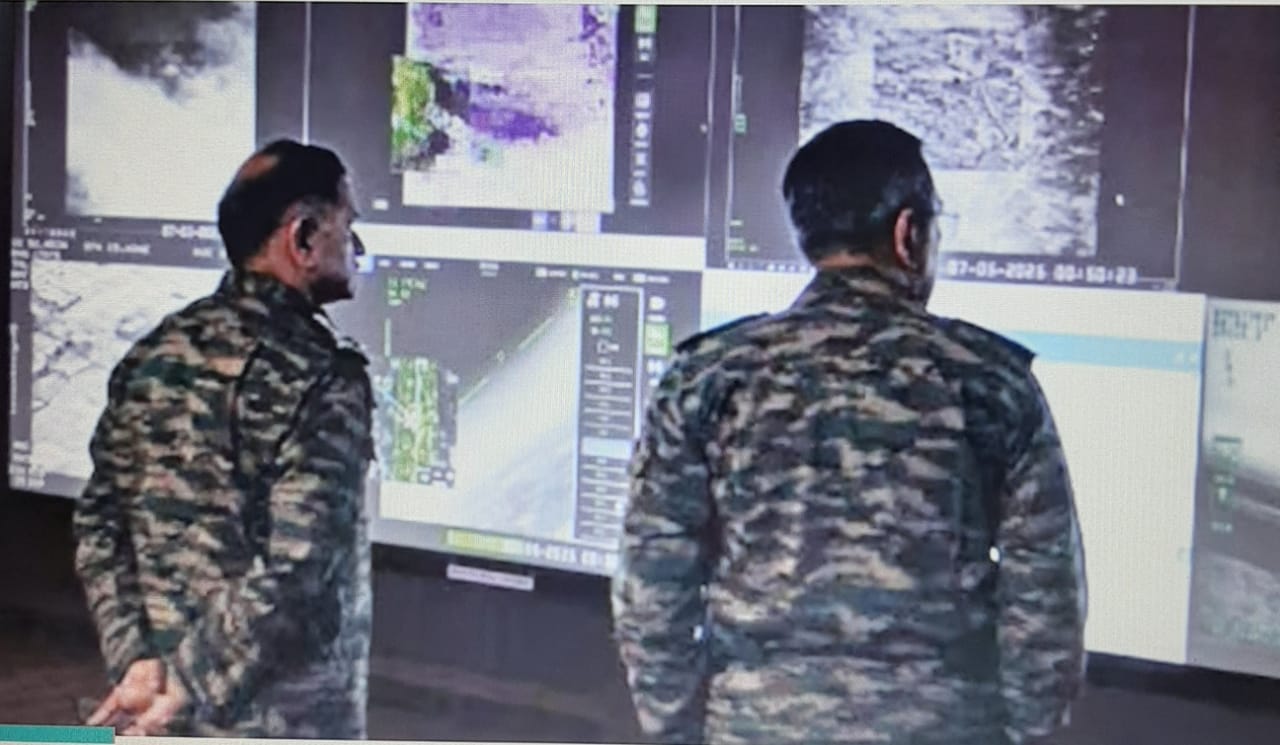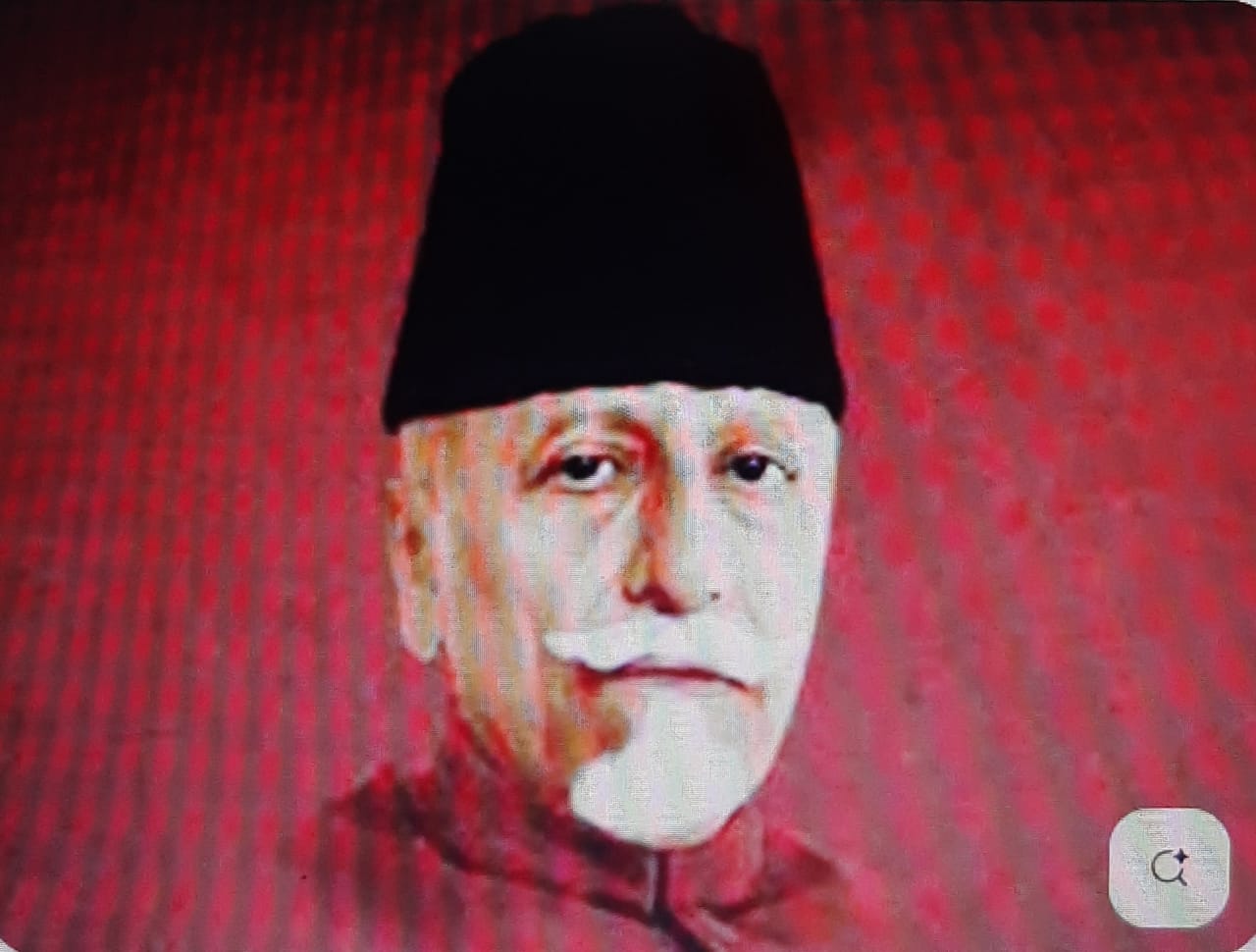
Bill Gates
Co-chair, Bill & Melinda Gates Foundation
I’ve been learning about (and funding) work on Alzheimer’s Disease for a few years now. In a wrap-up blog post at the end of last year, I wrote about the one area of Alzheimer’s research where I didn’t see a clear path forward: How can we efficiently find enough volunteers for the medical studies that will help us understand the disease better and point toward new ways to diagnose and treat it?
I wish I could tell you that I’ve come across some breakthrough solution for this problem in the past year. I haven’t. But I have learned a lot about why the problem is so hard, where we should look next for possible solutions, and how individuals can help. I thought I’d share what I’ve heard so far.
First, it’s worth recapping why this problem matters. Alzheimer’s is a terrible burden already, and it’s only going to affect more people as the population gets older. Nearly 6 million Americans are living with the disease today, and by mid-century, the number could be as high as 14 million. According to some estimates, caring for people with Alzheimer’s and other types of dementia could cost more than $1 trillion a year by 2050 in the United States alone.

What’s more, we don’t have the scientific tools we need to stop Alzheimer’s. There hasn’t been a new drug for it approved in more than 15 years. That’s in part because it’s so hard to run clinical trials for this disease; the average clinical study for Alzheimer’s takes 4 to 8 years, versus just 1.5 years for a typical study of cardiovascular disease, and is also much more expensive to run.
To understand this problem in more detail, I met with a number of Alzheimer’s experts this year, including researchers supported by the National Institutes of Health. I also asked a group that runs drug studies for pharmaceutical companies to examine the barriers and potential solutions. After talking with dozens of patients, caregivers, doctors, and people who run clinical trials—and surveying many more—we learned about a number of things that make it hard to find volunteers for Alzheimer’s studies.
For one thing, it’s difficult to identify qualified people early enough in the disease’s progression who are willing to participate. People might experience symptoms but not realize they have the disease, and simply not bother to see a doctor. Many doctors have only a limited time with each patient, and they don’t make it a priority to talk about early Alzheimer’s—especially if the person isn’t showing any symptoms.
“There’s still no cheap, effective way to diagnose the disease.”
But suppose the patient makes it to a doctor and the subject of Alzheimer’s does come up. There’s still no cheap, effective way to diagnose the disease. The definitive tests are expensive or invasive—one of them requires a spinal tap, which involves using a needle to puncture your spinal cord—and the doctor may not order them. If she does, her patient might not want to take them. Many people don’t want to find out if they have the disease earlier, because there’s no way to treat it.
Yet even if it turns out to be Alzheimer’s, there are still hurdles to getting into a clinical trial. The doctor might not know about any studies to send her patient to. (The vast majority of people with Alzheimer’s never learn about the chance to take part in a clinical trial.) Or the potential volunteer might shy away from the risks or possible side effects involved in a study of a new drug.
Or she might be put off by a screening process that requires multiple visits to a clinic, invasive procedures, and hours of testing. And even with all those tests, the process isn’t very sensitive; only about 1 out of 10 people screened for certain types of Alzheimer’s trials will actually qualify.
The study itself can be even more burdensome. It can mean traveling great distances—say, if the participant lives in a rural area and the trial is being run at a university-run clinic in town—and reporting once a month for years on end.
As a result, we found that 80 percent of trials don’t meet their recruitment goals on time, which greatly increases the cost of running a trial for pharmaceutical companies. And of all the patients in the healthcare system who could be eligible to participate in a clinical trial on Alzheimer’s, only 1 percent actually do.
The more I learned about all these obstacles, the more I came to admire the volunteers who do participate, and their caregivers too. I was especially moved by James Keach’s 2017 documentary Turning Point: The Quest for a Cure. It’s about the attempt to develop a first-generation drug for Alzheimer’s, and it does a great job of highlighting the challenges and showing how heroic the participants and their caregivers are. (I helped fund a project to show the film to health care professionals and medical students and faculty.)
The research group I worked with plans to share its findings with the Alzheimer’s community and publish a paper, hopefully next year, that will propose potential solutions. What I can say now is that we see three areas that are worth exploring:
Increase awareness of Alzheimer’s, so patients start seeking help earlier in the disease’s progression.
Develop better diagnostics so that doctors can detect the disease sooner and help people enroll in the right clinical trials. (I’m one of a few partners funding work on this through something called the Diagnostics Accelerator.) Researchers are working on various solutions, including simple blood tests and voice analysis performed by a computer.
Raise awareness of—and openness to—clinical trials among doctors and patients alike.
My hope is that the clinical trial process becomes a lot easier for patients and researchers in the near future. There are a number of people exploring ways to speed up the process. One of them is Dr. Jessica Langbaum, a neuroscientist I met earlier this year, whose lab is developing genetic tests to identify, earlier and more cheaply, people who might qualify for studies on how to prevent Alzheimer’s. Another researcher I’ve met, Dr. Michael Weiner, has created a registry that uses online quizzes to identify potential volunteers.
If you’ve been diagnosed with Alzheimer’s, or if you’re caring for someone who has, I encourage you to consider getting involved in a study. In the United States, the National Institute on Aging has a great online tool that can find one near you; the United Kingdom’s National Health Service has a similar tool. Dr. Langbaum’s Alzheimer’s Prevention Registry and Dr. Weiner’s Brain Health Registry are also great resources.
One of the many awful things about watching someone you love struggle with Alzheimer’s is the feeling of helplessness. You keep thinking, There must be something more I can do. Joining a study won’t make that feeling go away, but by pitching in to fight this disease, you can know that you might help make life a little better for future generations. (Courtesy: gatesnotes.com.)









